Inventory Planning Software: Best Tools & Features for 2025
Inventory management is the soul of any inventory-based business, whether it is a retail store, a restaurant, or a large warehouse expecting thousands of products in a day. Striking a healthy balance between supply and demand is crucial for any business. Overbuying inventory affects cash flow and sales floor/stock room space, while underbuying inventory can lead to missed sales, upset customers, and long-term reputational damage.
This is where an inventory management software solution would come in. Modern inventory software will allow your business to forecast demand, automate stock replenishment, and track inventory precisely and in real time.
In this guide, we will cover what inventory planning software is, key features, and benefits of inventory software.
What is Inventory Planning Software?
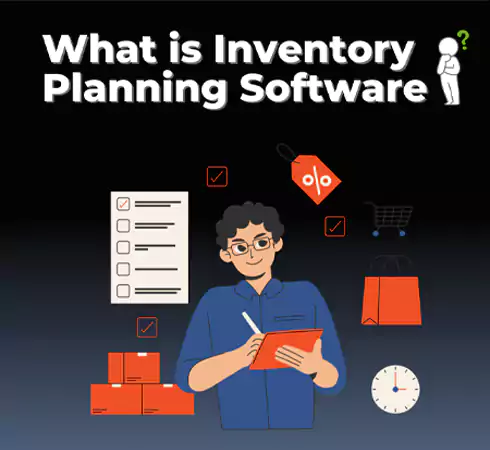
Inventory planning software is a technological solution for managing stock levels and forecasting demand so you always have the right products when you need them. There are a lot of basic inventory tracking solutions that tell you what you have on hand, but inventory software takes it a step further. Retail inventory management software provides:
- Demand forecasting based on historical sales and seasonal trends.
- Automated re-ordering once inventory reaches the specified minimum counts.
- Visibility of stock levels across multiple locations (i.e., your warehouses, retail stores, and e-commerce sales channels).
In short, it’s essentially the bridge between supply chain management to your daily operations.
Retailers, manufacturers, restaurants, ecommerce businesses, and IT departments use inventory planning software.
How to Choose the Right Inventory Planning Software?
Choosing the best small business inventory management software is not as easy as it might look. There are a few things you need to consider when selecting the right inventory tracking software for free.
- Consider the business size and industry you are operating in. Small businesses don’t need enterprise-level complexity.
- Budget is very important – free or low-cost options are also available.
- Choose if the cloud or on-premise version is best for you.
- Scalability is also an issue for a growing business. Choose an option that can grow with your business.
- Ensure that the software can integrate with POS, e-commerce, and accounting tools.
- Ensure that the software is easy to use to reduce training costs.
Best Inventory Planning Software Tools in 2025
Now, let’s explore the top inventory management software for small businesses.
Zoho Inventory — Inventory management software
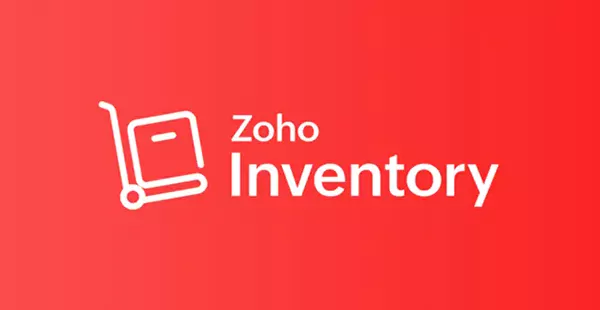
Zoho Inventory is a cloud-based software that helps small businesses manage their inventory in real-time. The software offers tracking inventory in real-time, setting up alerts when inventory levels are low, and integration with Zoho CRM for a complete view of customers and orders.
It is a great option if you are looking for inventory planning software to streamline your business.
- The plans of Zoho Inventory start at $59 per month.
- It offers a free trial with limited features.
| Pros | Cons |
|---|---|
| Affordable pricing with free and paid plans | Limited advanced features compared to enterprise systems |
| Seamless integration with Zoho apps and third-party platforms | Steep learning curve for beginners |
| Supports multi-channel selling (e-commerce & marketplaces) | Limited customization for complex workflows |
| Real-time inventory tracking with batch/serial management | The mobile app has fewer features than the desktop version. |
| Automation tools for orders and reordering | Reporting lacks depth for large enterprises. |
| Cloud-based and accessible anywhere | |
| Scalable for small to mid-sized businesses |
Monday.com — Inventory control software
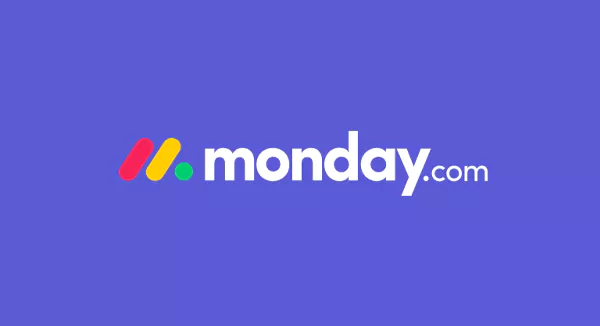
Monday.com is not just a time and project management tool; it also offers warehouse inventory control software. Businesses can utilize this software and help their business with employee management, managing multiple workloads at once, customer support, and setting up collaboration internally and externally.
It can easily integrate with your other software systems to create the perfect solution for any business. It is suitable for teams and businesses of all sizes.
- The plans of Monday.com start at $24 per month.
- They also offer free access with limited features.
| Pros | Cons |
|---|---|
| Highly customizable workflows and dashboards | Not a dedicated inventory management system |
| User-friendly interface with drag-and-drop setup | It can be complex to scale for larger operations. |
| Strong automation for tracking and alerts | Limited advanced inventory tracking features |
| Wide integration ecosystem with e-commerce and accounting tools | Requires third-party add-ons for full inventory control |
| Collaboration-friendly with comments and file sharing | Higher cost for premium features |
| Visual reporting and dashboards | |
| Scalable for small to mid-sized businesses |
Upserve — Restaurant inventory software
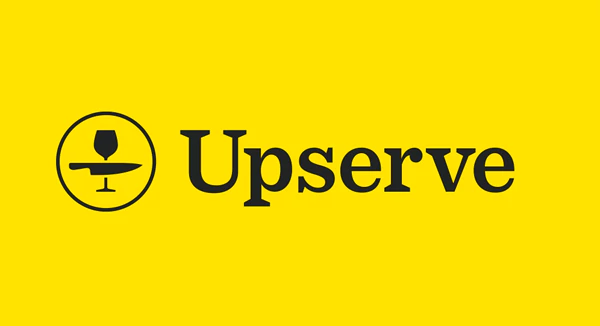
Upserve is one of the best software solutions for people working in the food and beverage industry. This restaurant inventory management software gives users access to features such as shift notes, workforce management, tip adjustments, check splitting, and an integrated logbook.
The cloud-based software can easily allow businesses to raise their productivity, track orders, and increase profits.
- Upserve plans start at $59 per month
- They don’t have a free option
| Pros | Cons |
|---|---|
| Real-time inventory tracking with low-stock alerts | Higher cost, with advanced features in premium plans |
| Recipe costing and menu profitability analysis | Learning curve and setup complexity |
| Waste tracking to reduce food and ingredient loss | Occasional technical issues and system reliability concerns |
| Mobile-friendly features like barcode scanning and offline sync | Limited customization and integration challenges |
| Seamless integration with POS, analytics, and ordering tools |
QuickBooks Desktop Enterprise – Inventory Software
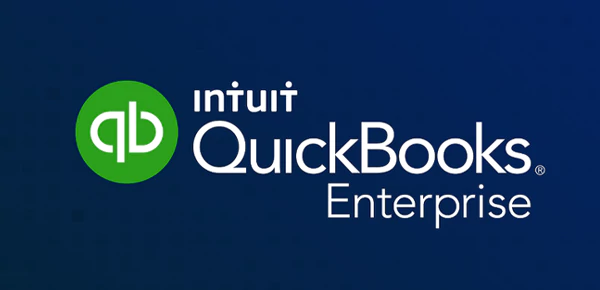
QuickBooks Desktop Enterprise software is a good place to start for small to medium-sized businesses. It performs great and includes many useful features, including report customization, inventory control, and import customizations. It is one of the costliest software in this list.
- They have a $2210 per year plan.
- They don’t have a free plan.
| Pros | Cons |
|---|---|
| Advanced inventory tracking with lot, serial, and bin management | Higher cost than many dedicated inventory tools |
| Real-time inventory updates across locations | Requires Windows desktop installation (not fully cloud-based) |
| Supports multiple warehouses and advanced fulfillment | Remote access is limited unless you pay for hosting. |
| Strong reporting for stock levels, sales, and costs | Setup and customization can be complex |
| Scalability for mid-sized and large businesses | Overkill for small businesses with simple inventory needs |
AccountMate – Inventory Planning Software
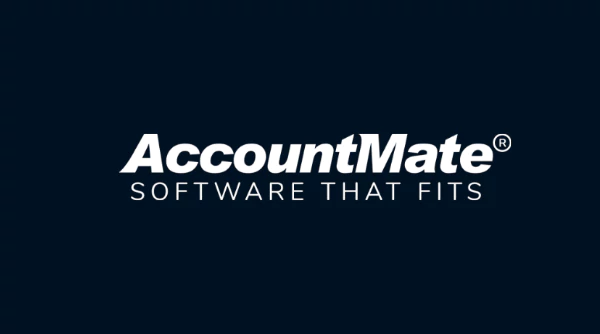
AccountMate has an inventory control module in its broader accounting and ERP system. The inventory control software from AccountMate is designed for managing complex inventory requirements. It offers features like tracking inventory by serial numbers, units of measure, warehouses, and bin locations.
It is one of the costliest software available in the market, but it offers a one-time cost for one user.
- It is available for $4000 per user
- There is no free version
| Pros | Cons |
|---|---|
| Highly customizable to fit unique business processes | Customization can be complex and costly |
| Strong inventory control with lot, serial, and bin tracking | User interface feels outdated |
| Scalable for small to mid-sized businesses | Not ideal for very small businesses with simple needs |
| Flexible reporting and analysis tools | Limited out-of-the-box features without customization |
| Industry-specific modules available | Higher upfront cost compared to cloud-based systems |
| On-premise and cloud deployment options | |
| Good integration with accounting and ERP functions |
Conclusion
If you’re still managing your inventory in a spreadsheet, it’s time to consider inventory planning software – a necessity, not a luxury. Businesses, regardless of size, and from small retail shops to multi-million-dollar organizations that leverage modern solutions, have shown cost reductions, increased efficiency, and happy customers.
Whether you are looking for a free solution for your business or an enterprise-level solution from Zoho or QuickBooks, we can help you find the right inventory management software.
FAQs
Ans: The best software depends on your needs – popular options include Zoho Inventory, QuickBooks, and Upserve.
Ans: Yes, Zoho Inventory offers a free plan with limited orders per month. This type of software is best for small businesses or startups.
Ans: Yes, QuickBooks Online and QuickBooks Desktop support inventory tracking, stock levels, and sales management.
Ans: Microsoft Dynamics 365 is best for advanced inventory management, while Excel works for simple tracking.
Ans: Yes, Excel can handle basic inventory tracking using templates. However, it lacks automation and scalability compared to dedicated software.
